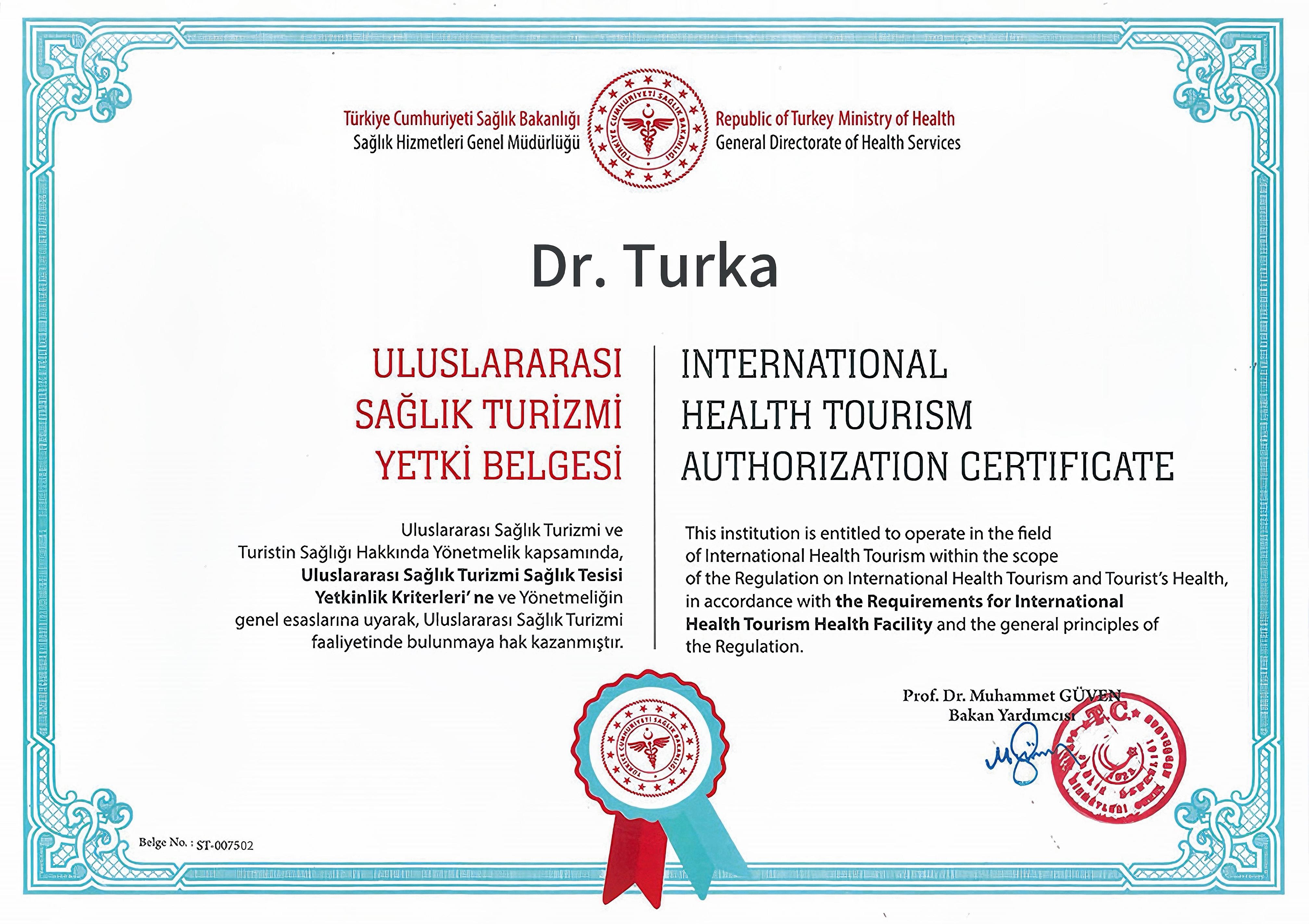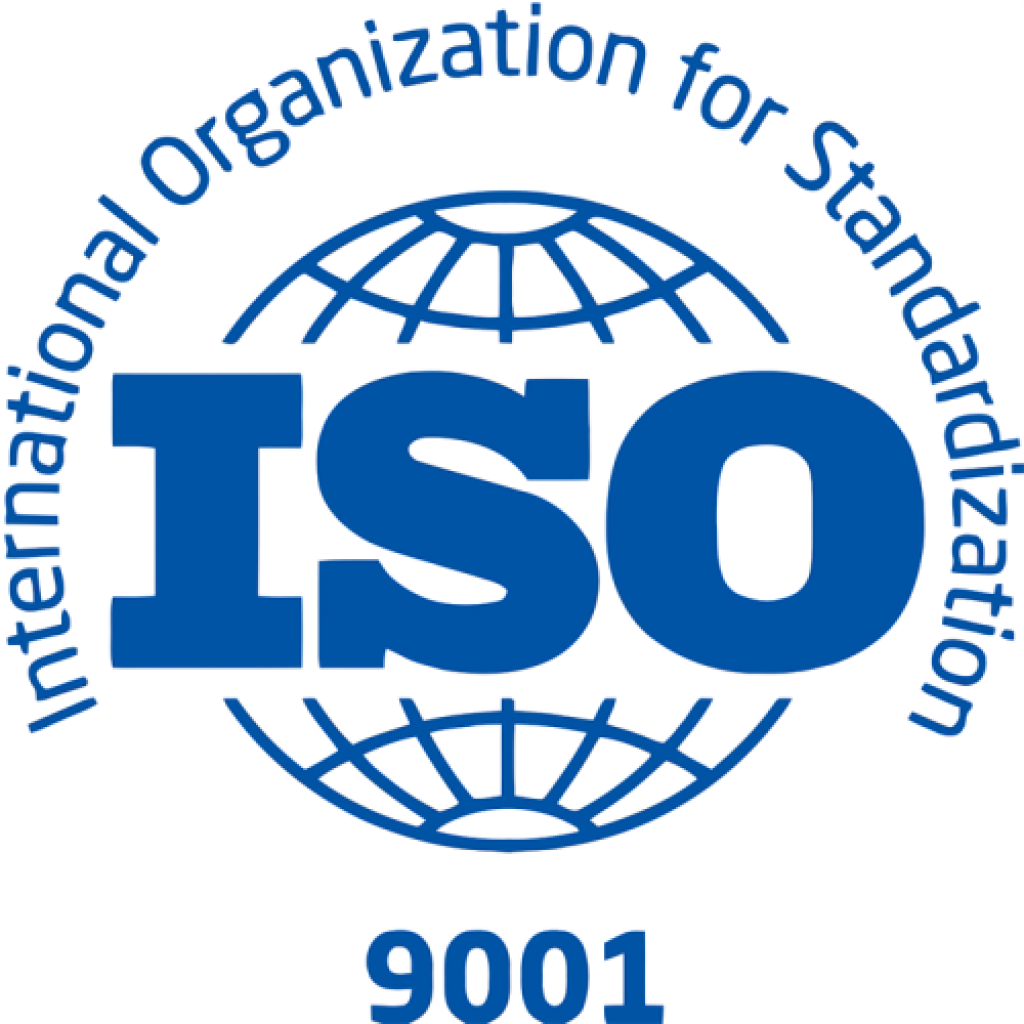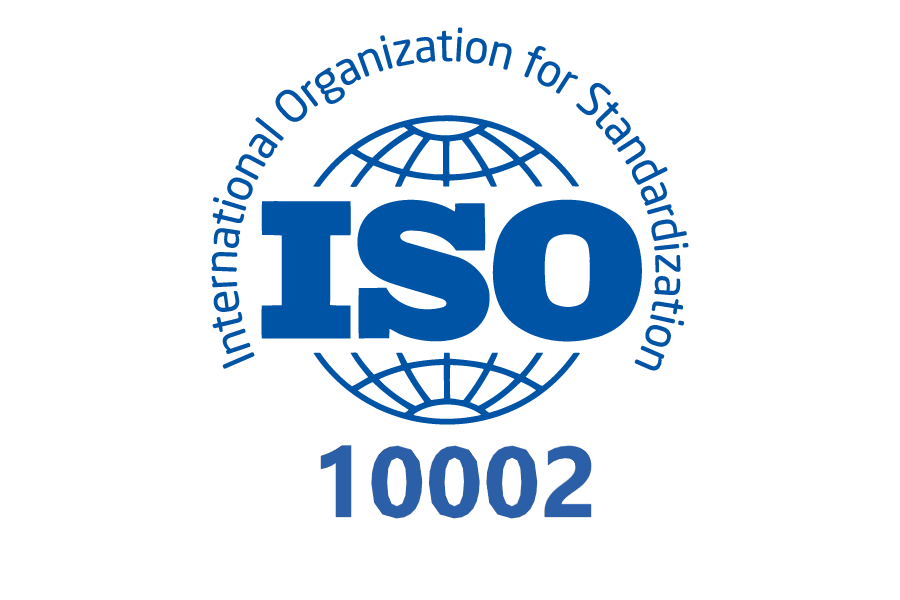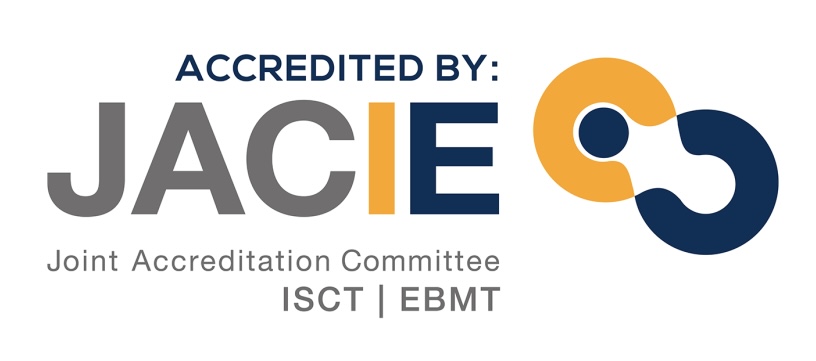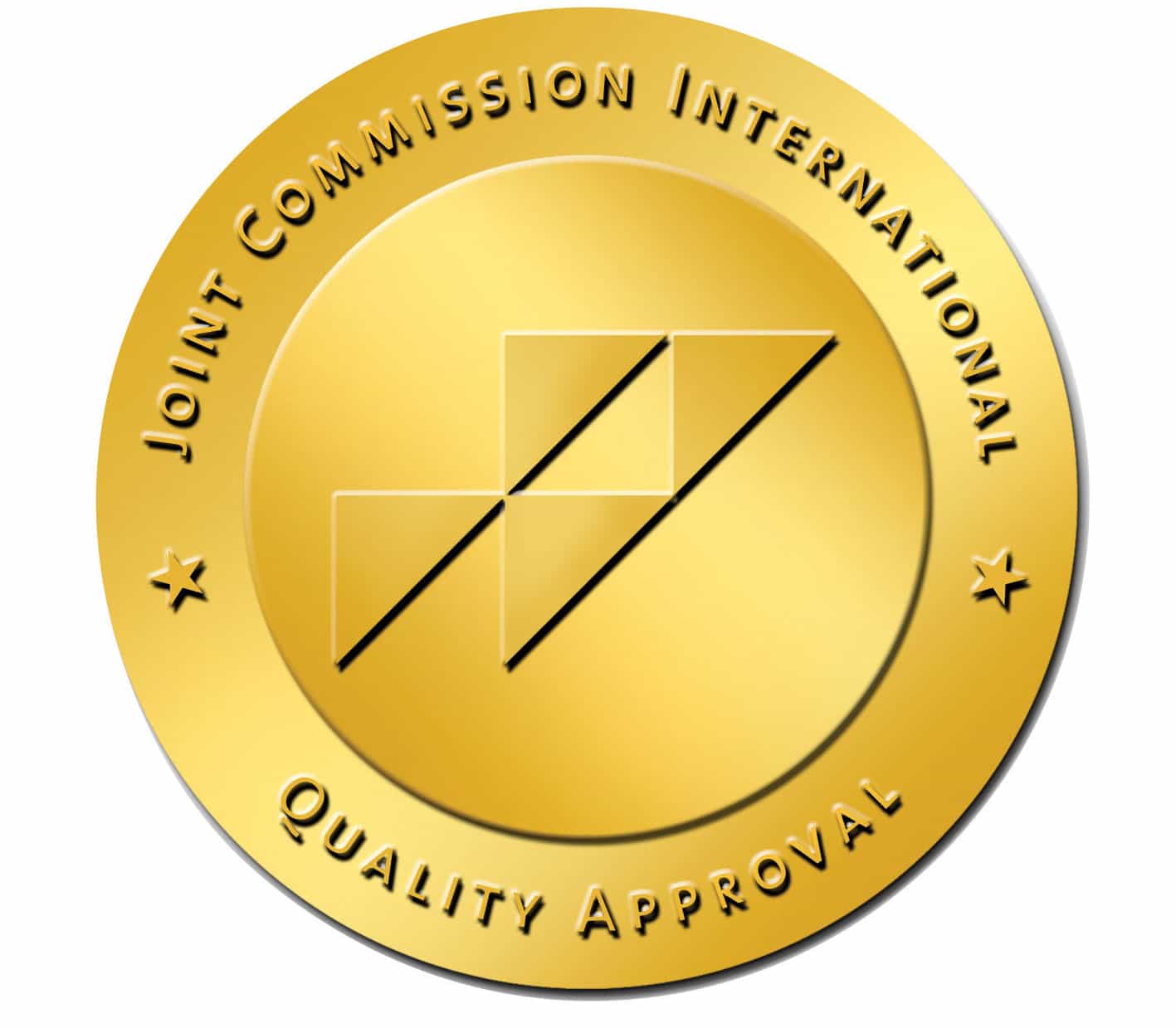
Hyperhidrosis
Hyperhidrosis
Hyperhidrosis Treatment
Excessive sweating is a common problem that affects many people, causing social and professional issues. Sweating is a natural process that helps regulate body temperature, but for some people, sweating can become uncontrollable and excessive, known as hyperhidrosis. Hyperhidrosis can occur in different areas of the skin, such as hands, feet, armpits, face, or neck, and can lead to feelings of anxiety and insecurity.
Aside from the psychological effects of hyperhidrosis, the skin is also susceptible to other problems such as eczema, warts, or fungal infections. That's why it is important to treat hyperhidrosis as soon as possible to prevent further complications.
Methods for treating hyperhidrosis
There are various methods for treating hyperhidrosis, including surgical procedures. One option is subcutaneous suction curettage, where a thin cannula is passed through the skin to suck off the subcutaneous fatty tissue and scrape off the sweat glands. Another method is laser lipolysis, where a laser fiber is directed to the fat cells to dissolve them and then aspirate them.
At our clinics in Istanbul, we offer a comprehensive consultation with our specialists before the hyperhidrosis treatment. Our team will explain the available options and provide detailed information about the procedure, as well as any potential risks associated with the treatment.
Frequently Asked Questions
In primary hyperhidrosis, increased sweating occurs in certain situations such as anxiety or stress. The causes are not known. Diseases such as metabolic or hormonal disorders, neurological or mental illness are responsible for a secondary form of hyperhidrosis. In women, the disease can also occur during menopause.
If the increased sweating occurs in typical skin areas, a doctor should be consulted. He must diagnose whether it is primary or secondary hyperhidrosis. If there is a causative disease, it can be treated accordingly.
Small changes can help to manage hyperhidrosis better. Less consumption of alcohol, coffee, and cigarettes reduces sweating. The same applies to spicy foods and spices. To prevent sweat stains and possibly unpleasant body odor, you should wear breathable, breathable clothing. Relaxation methods such as progressive muscle relaxation, autogenic training, or meditation have proven effective against stress. Yoga also promotes inner peace and balance.
The treatment with botulinum toxin, better known as Botox, promises good results. The nerve toxin is injected in a highly diluted form under the skin of the body's affected areas. It blocks the release of messenger substances at specific nerve cords that are responsible for sweating. The formation of sweat can thus be almost completely stopped for several months. The treatment must be repeated regularly.

